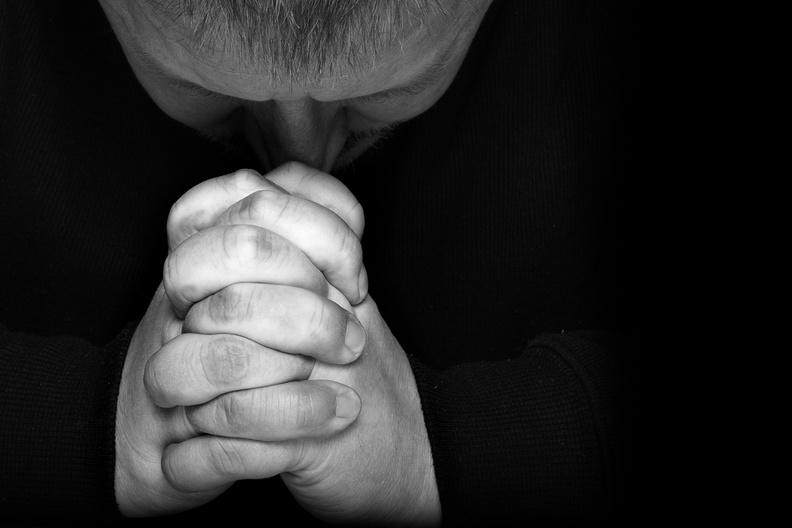
“To live is to change. To be perfect is to have changed often.”—St. John Henry Newman
by Dr. Larry Fraher, Ph.D. | 01/19/2023 | Images of FaithTransitions in life can be many things. Some transitions are exciting and new: the birth of a child, taking a dream job, achieving a goal like graduating from high school or college. Other transitions can be very hard. We find ourselves in a good place, things humming along, and—WHAM!—change is thrust upon us: the death of a friend or relative, the loss of a relationship, the loss of a job. As we journey through change, however perceived, there are temptations that we must resist in order to discover Christ’s love in our midst. Ultimately, we come to realize that regardless of the values that we assign to transitions in life, today’s readings offer us a promise of life solidified in Christ.
Among the temptations that arise as change comes upon us is to grasp at control. “I can control the outcome of this change,” we say to ourselves, “so I will seek power through my influence and ensure that things go my way.” We work to build alliances or influence the direction of the future according to our individual agenda, or the agendas of the groups we associate with. While this is certainly a value the culture and world present to us, Christ is pointing in a different direction. “Follow Me,” he says, “and you will know and see the light.” In responding positively to Christ, change no longer becomes a power play of influence and information. Instead, it measures success not in the accomplishment of our agenda, but through the closeness of our following of the Lord. When Jesus Christ is our focus, change is made easier, because we know that the power is not ours; it is His.
Another temptation in the midst of change is to buy into what spiritual theologian Ronald Rolheiser warns can become an idolatry of program. We often hear ideas like, “The best way to be Christian is to follow this way, this program, or this person.” In so doing, we give the authority of Christ to the path, method, or individual associated with the “program.” In today’s second reading, St. Paul reminds us that the response to such things is not to move into camps of preference, making the program we follow more important than the person we follow: Christ. Instead, the path of following Christ submits our affiliations with groups and ideas to Him, makes Him primary, and reminds us that we are called first to unity in His person. We belong to Christ, and Christ alone.
A final temptation in the midst of change is to close in on oneself. We circle the wagons and seek to insulate ourselves from the experiences of change. “The world around us can change,” we say, “but within our group, we will stay the same.” This is a dangerous notion, especially in the Christian life. Christians must be motivated by love, the type of love that always moves toward service beyond self. To close in on ourselves in the midst of change inhibits love. Instead, Christ calls the apostles to go beyond themselves. “Come follow me,” he says, “and I will make you fishers of others.” The change calls us to go outside of ourselves, to serve beyond our comfort zones, and engage the world, so that the promises of Christ will be known and experienced.
The quotation that began this reflection is not a thought that encourages change for the sake of change. Newman knew that following Jesus Christ is not a one-time proposition; it is a daily movement toward the fullness and perfection of Jesus. Newman understood that change would happen daily, and that each moment lived as a follower of Christ would be one that called each person to change often, and ultimately, when our final union with Him is established, to discover and know the perfection of God that is found in following Christ. In this time of transition, we are challenged to say with St. John Henry Newman, “To live is to change. To be perfect is to have changed often.”
BACK TO LIST BACK